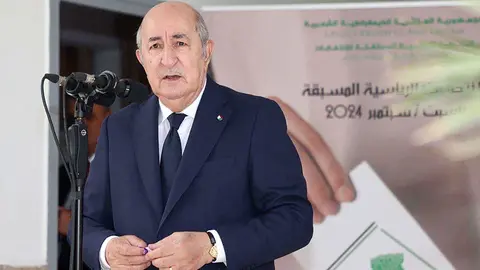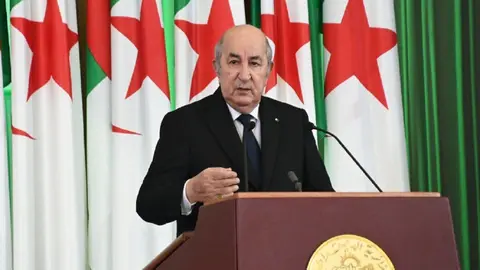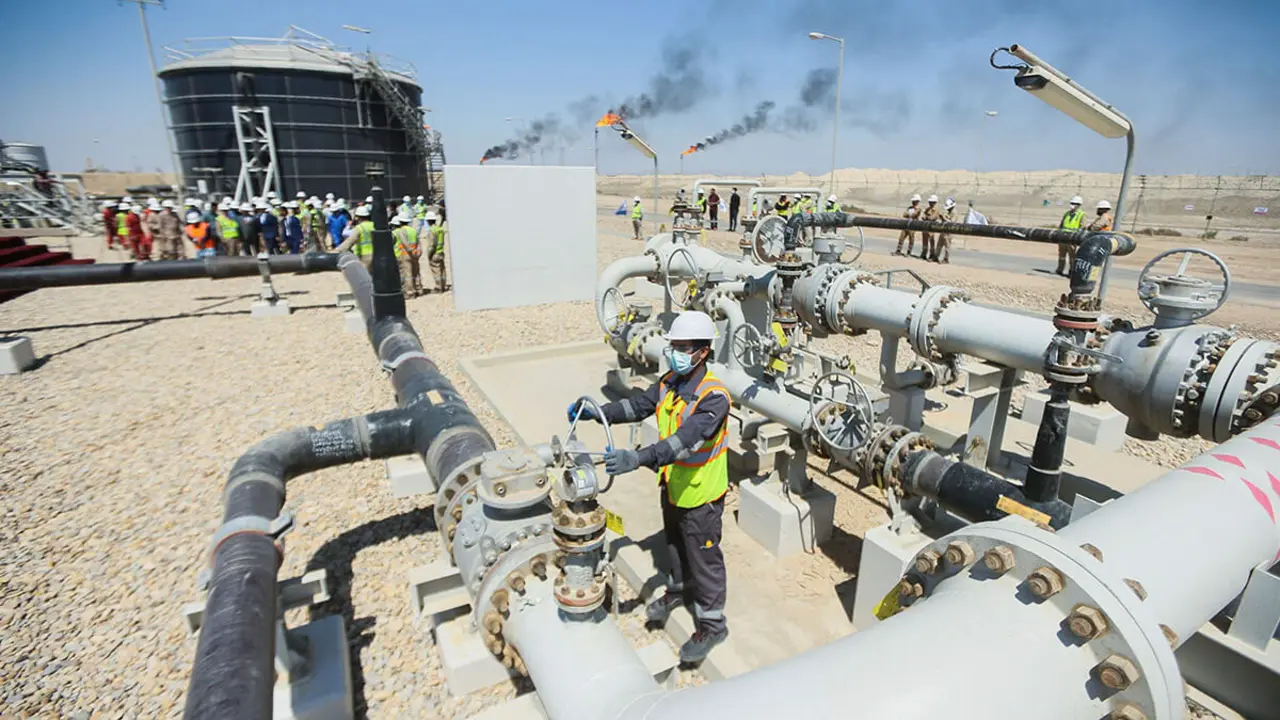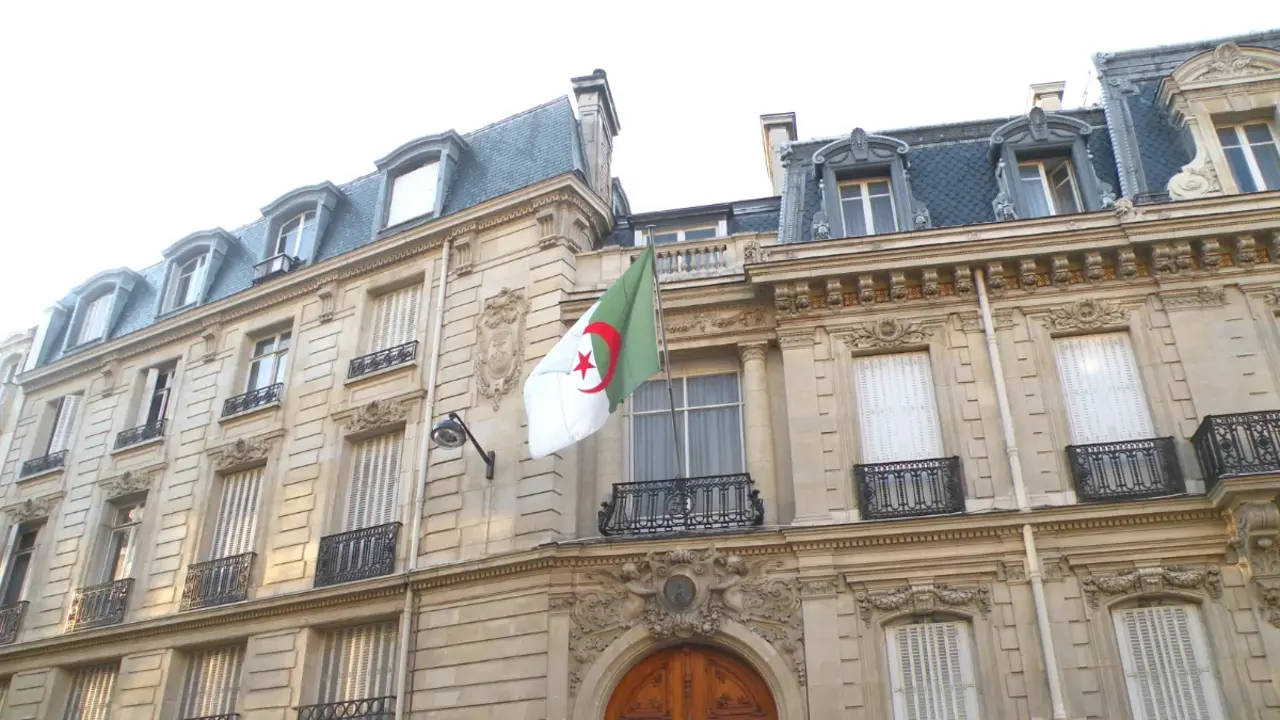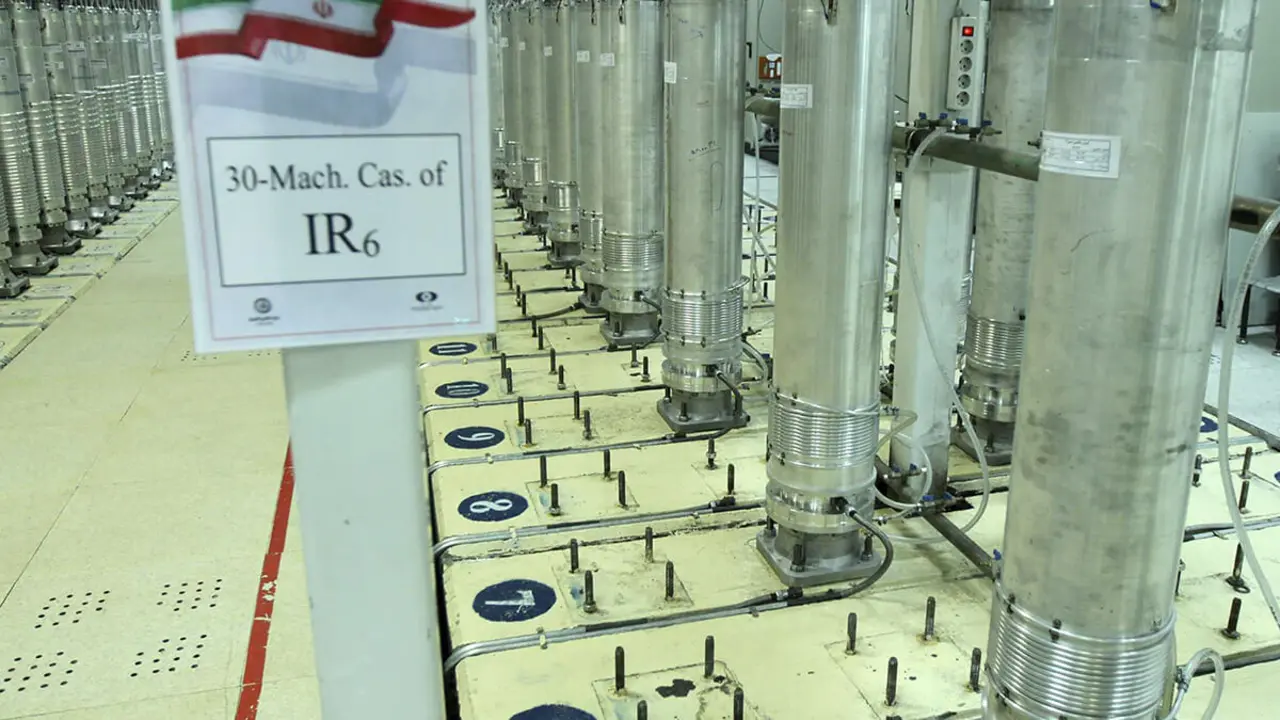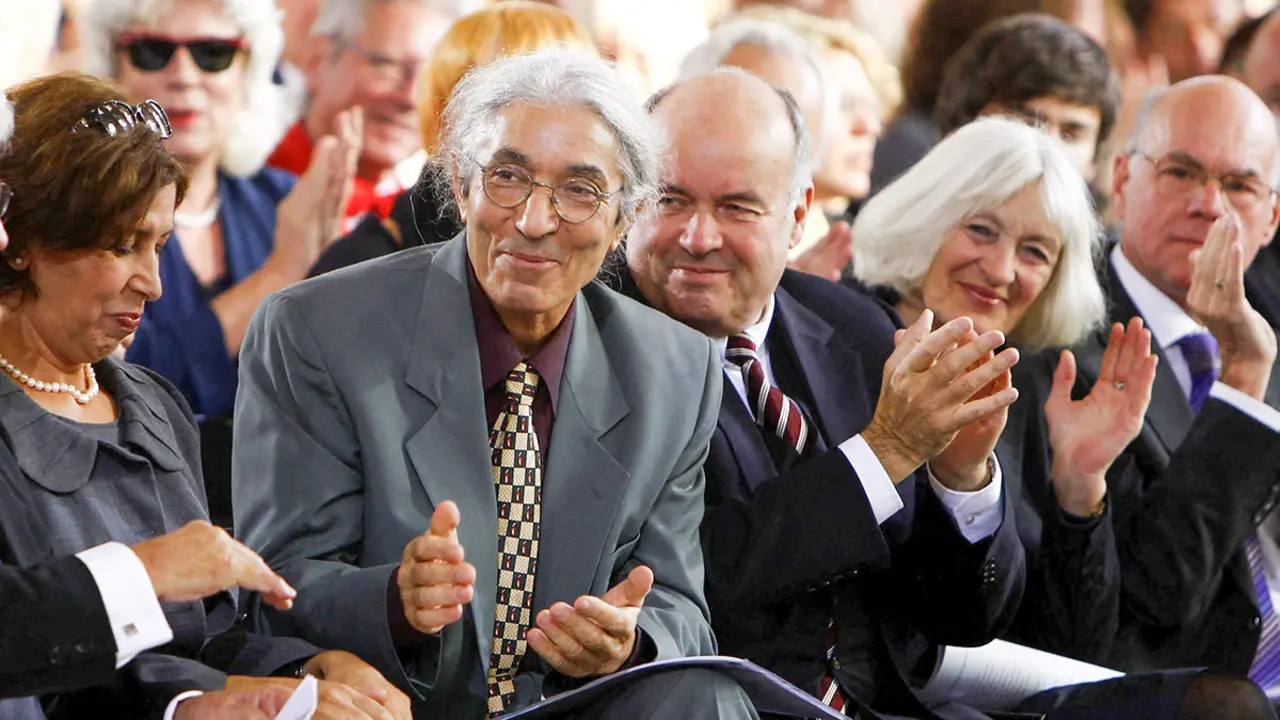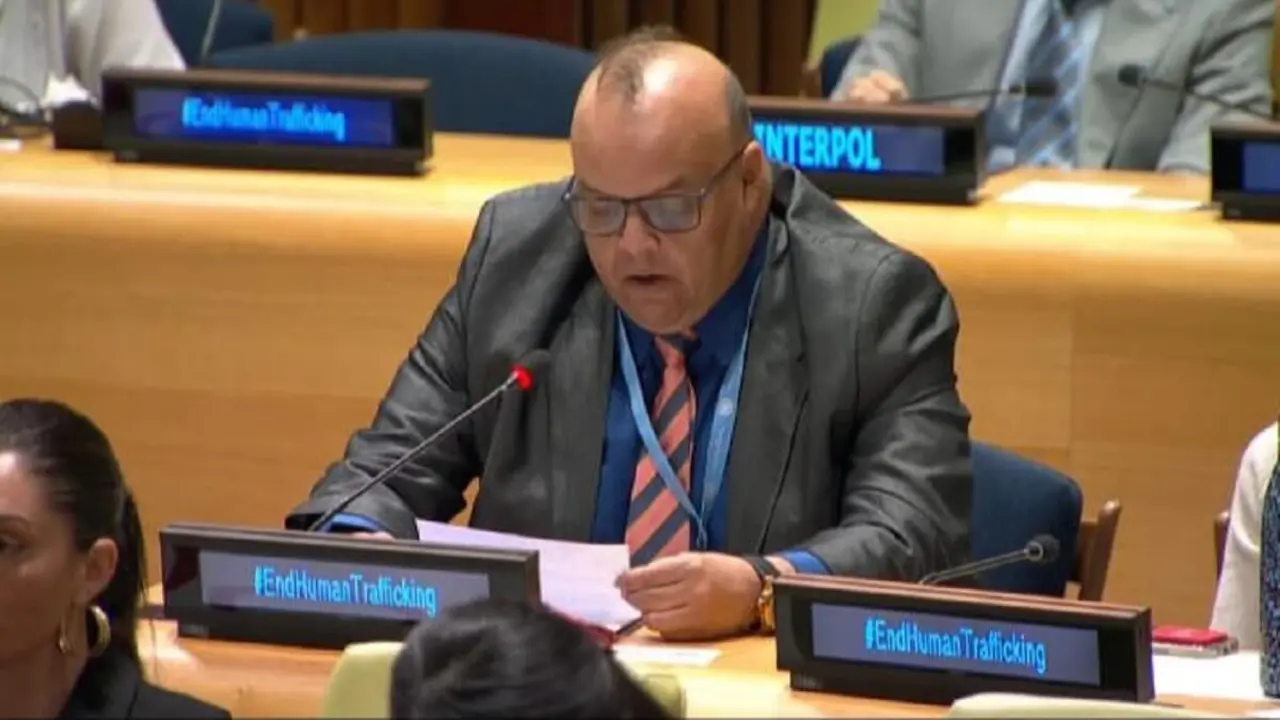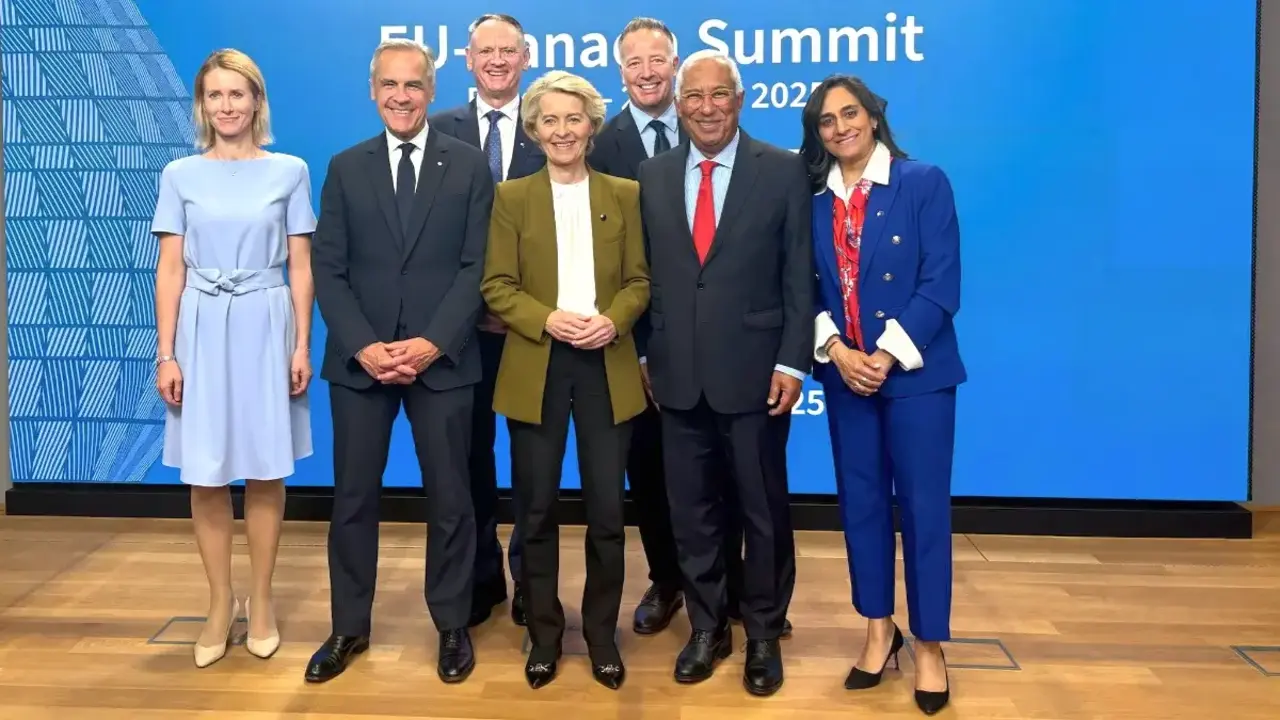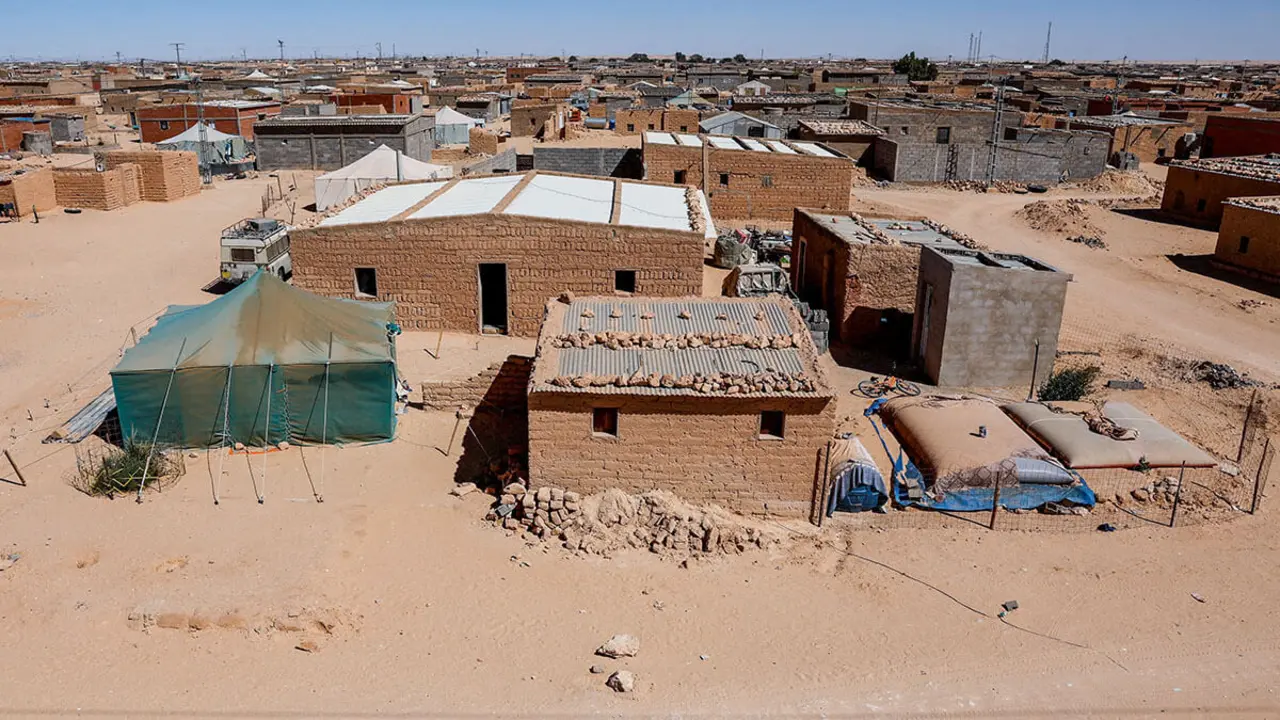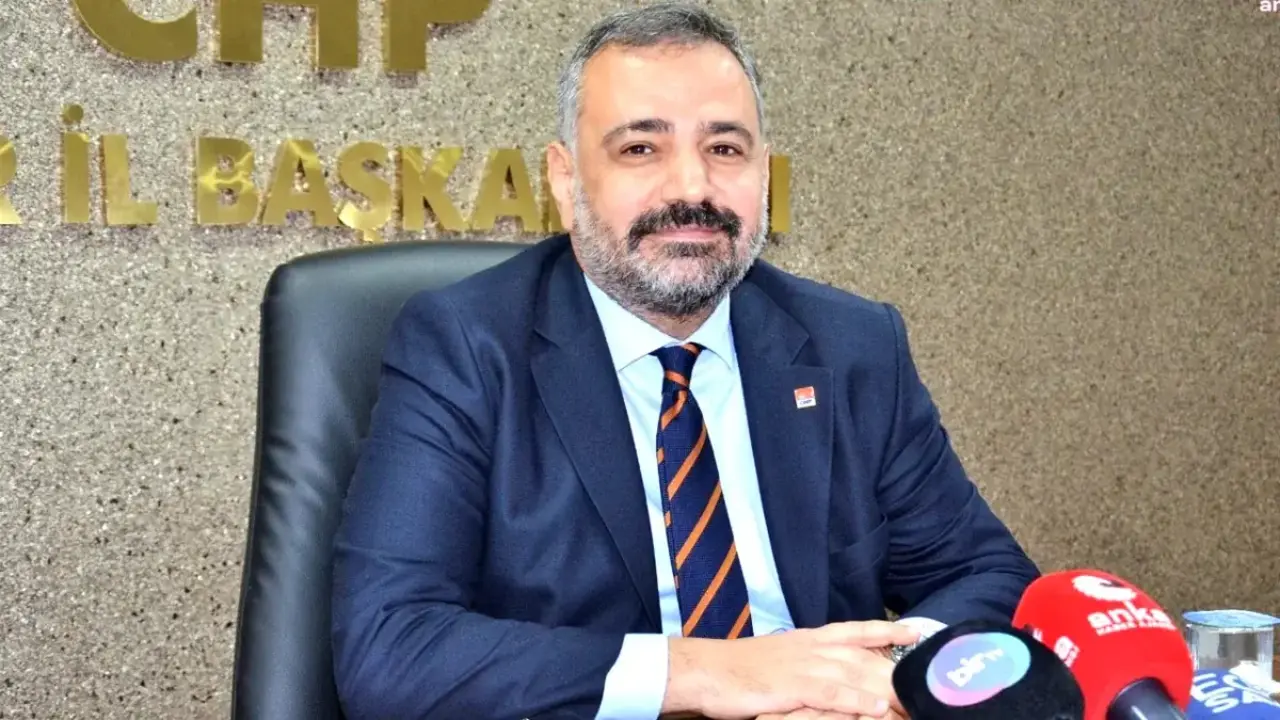Algeria promotes an official narrative without independent oversight
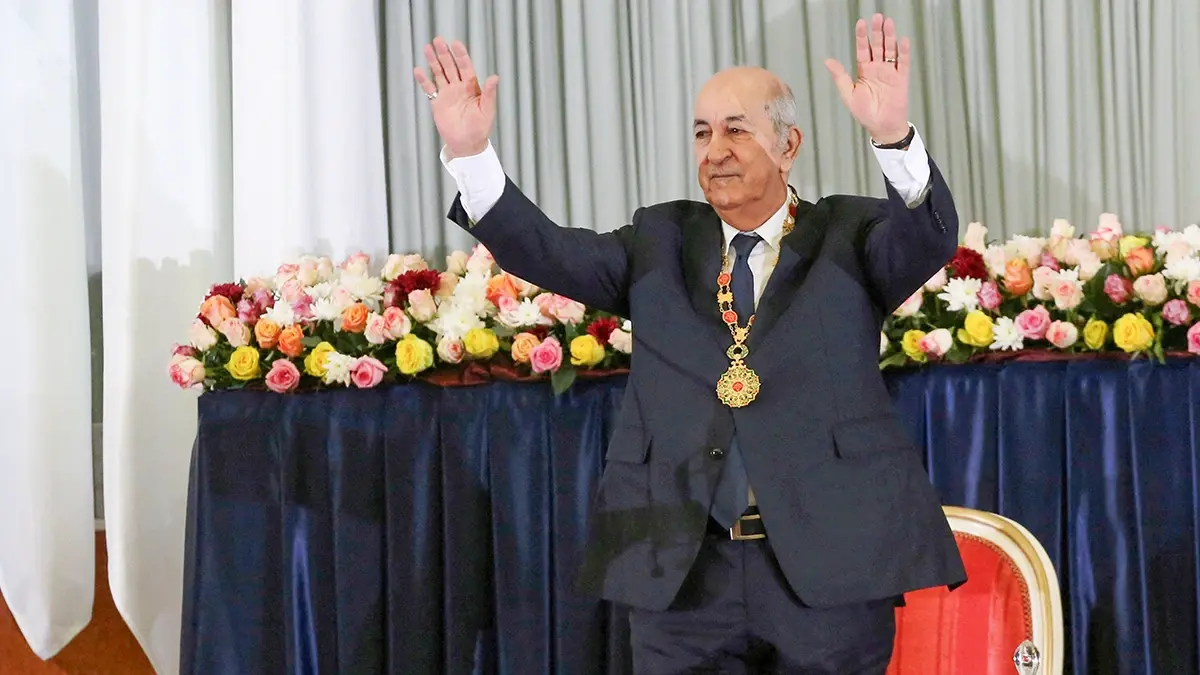
Freedom of the press and criticism of state institutions in Algeria are losing ground. Following a report issued by the Algerian Press Service (APS), which is heavily controlled by the national government, entitled ‘The Tebboune Era: The Return of Algerian Leadership,’ the agency, for no apparent reason, praised the work of current President Abdelmadjid Tebboune since he took office in 2019.
The publication, which came as no surprise to the authorities or the media, raises serious questions among regional experts about the real motives behind the release of the report. Although it highlights progress, the report avoids mentioning unfulfilled expectations and the lack of transparency, which casts doubt on its veracity.
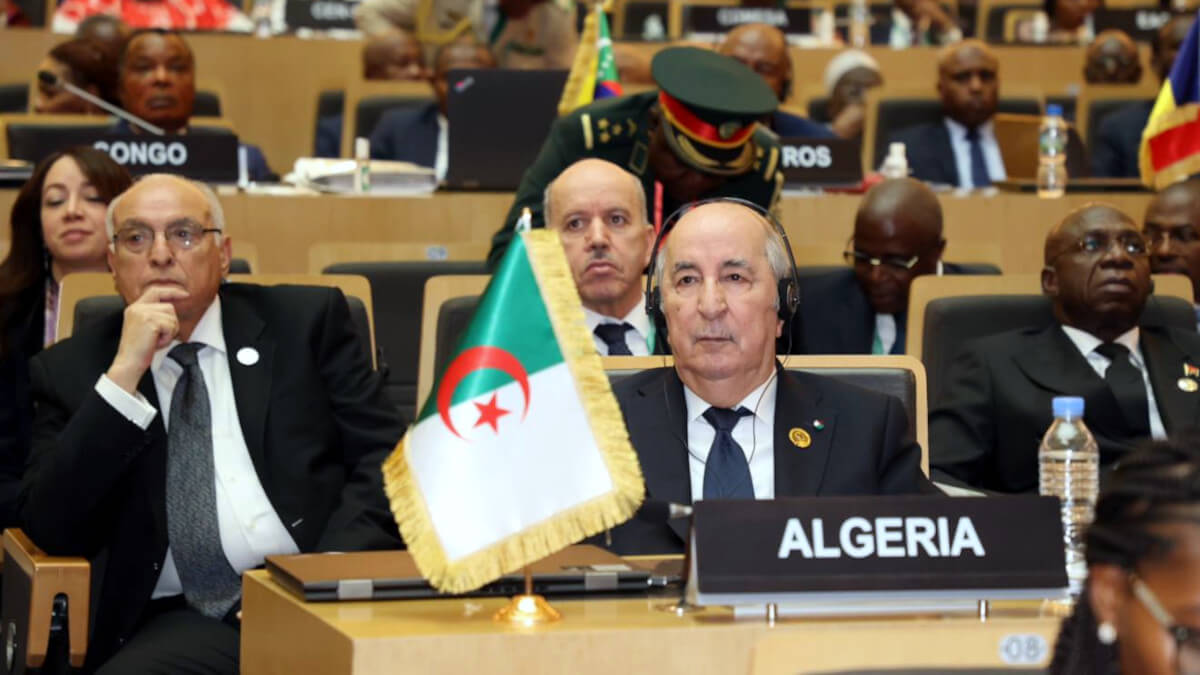
The report, which describes Tebboune's arrival in power as ‘the end of the country's decline’, did not mention the main issues that citizens are demanding from the state: better and more protection in terms of employment; easier access to education at all levels; a better healthcare system; and better public services.
Specifically, the report pointed to the absence of self-criticism; the lack of concrete results, for example, the promise to reach 30 billion dollars in non-oil exports, but only 7 billion dollars has been achieved; the absence of control mechanisms, given that there are no independent institutions to evaluate these achievements; and the tense climate, mainly due to mistrust between the population and the government, and at the international level.
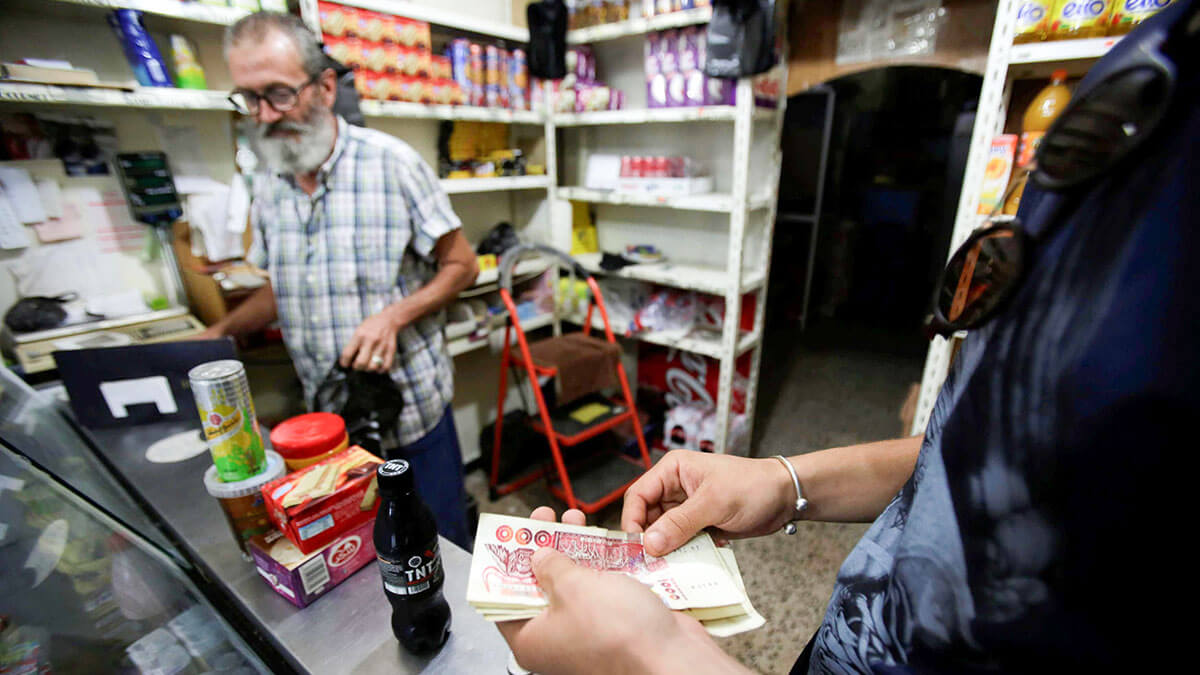
The absence of all these issues in the report has led many to believe that the report was published purely for propaganda purposes.
On the contrary, the report praises the president as a transformer of the country, highlighting political, economic and diplomatic reforms; institutional restructuring following the popular movement of 2019; the integration of young people into political life; the promotion of a diversified economy beyond oil; the promotion of science, artificial intelligence and start-ups; and the restoration of Algeria's role as an influential regional player.
To justify the publication of the figures, the report states, verbatim, that: ‘President Tebboune attaches great importance to science and innovation as two key levers for sustainable development. National schools specialising in artificial intelligence have been set up, along with greater support for scientific research and self-employment, with the aim of preparing a generation capable of meeting the challenges of the technological future.’
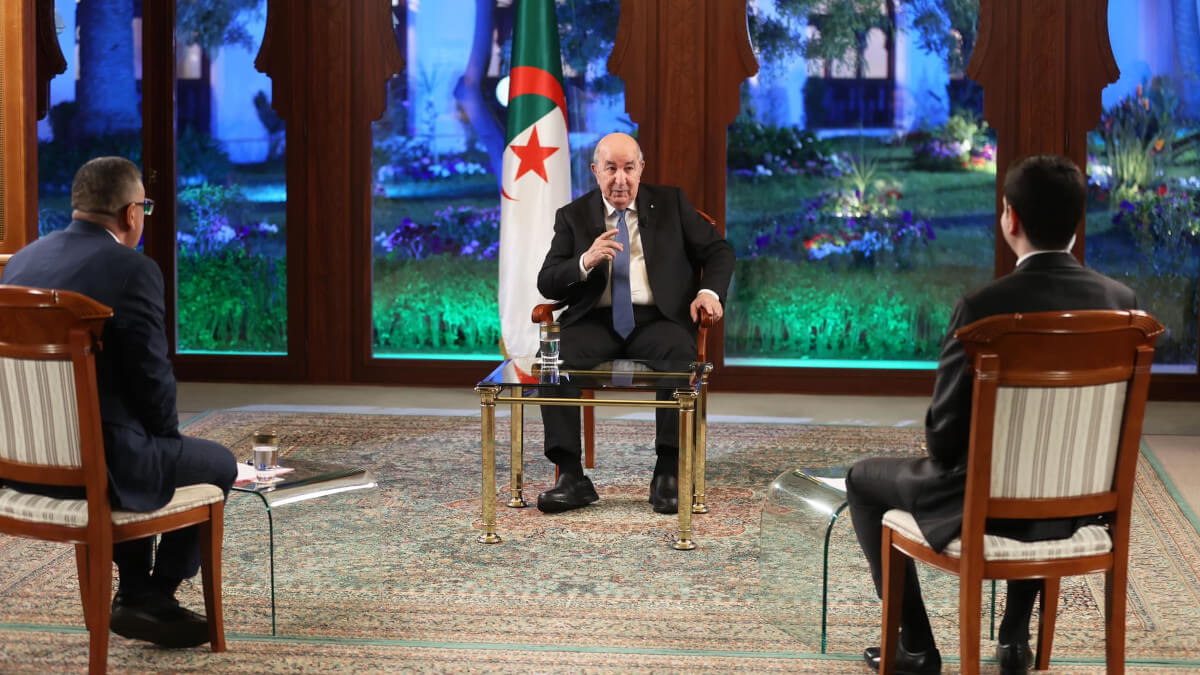
However, Algeria has a gross domestic product (GDP) growth rate of 4.2%, a result praised by several international financial institutions, which the APS considers proof of resilience and recovery capacity in the face of international attacks.
However, these figures are far from the statements made by the president himself in August 2024, when he stressed that ‘Algeria aspires to become, within two to three years, the second or first African economy.’
Finally, the document published by the Algerian Press Service concluded by praising Tebboune's role at the helm of the country, stating that ‘from the African coast to the Mediterranean, from the Palestinian cause to its support for African causes, Algeria has fully fulfilled its role as a regional power that is free in its decisions and positions’.

